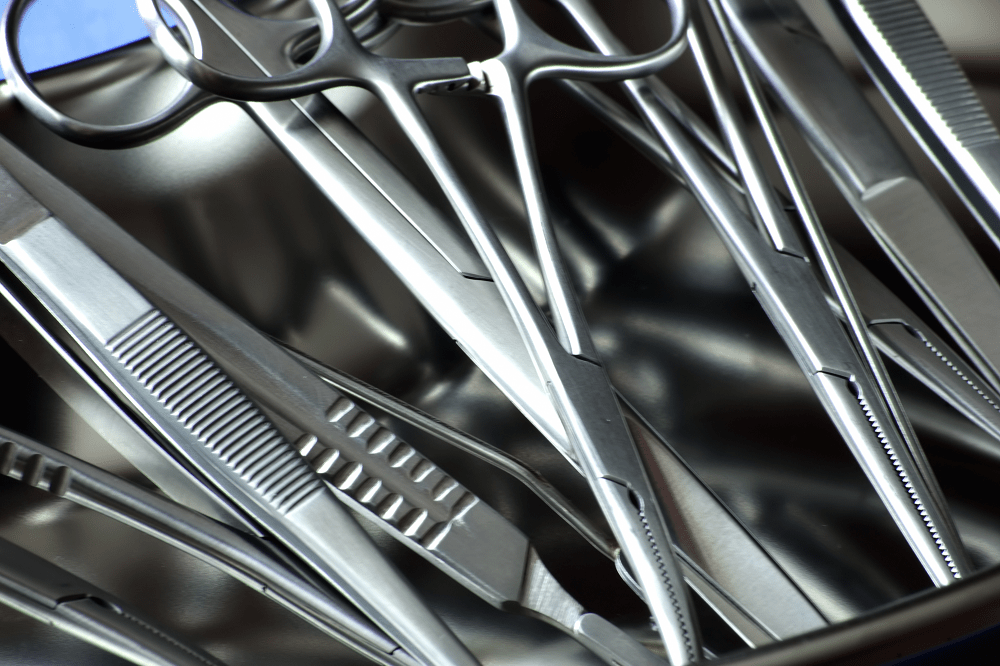In hospital settings, medical instruments are typically cleaned in an autoclave, but an autoclave isn’t useful for cleaning electronic medical equipment. In fact, it would ruin the equipment due to water damage. To clean electronics, hospitals and other organizations...




